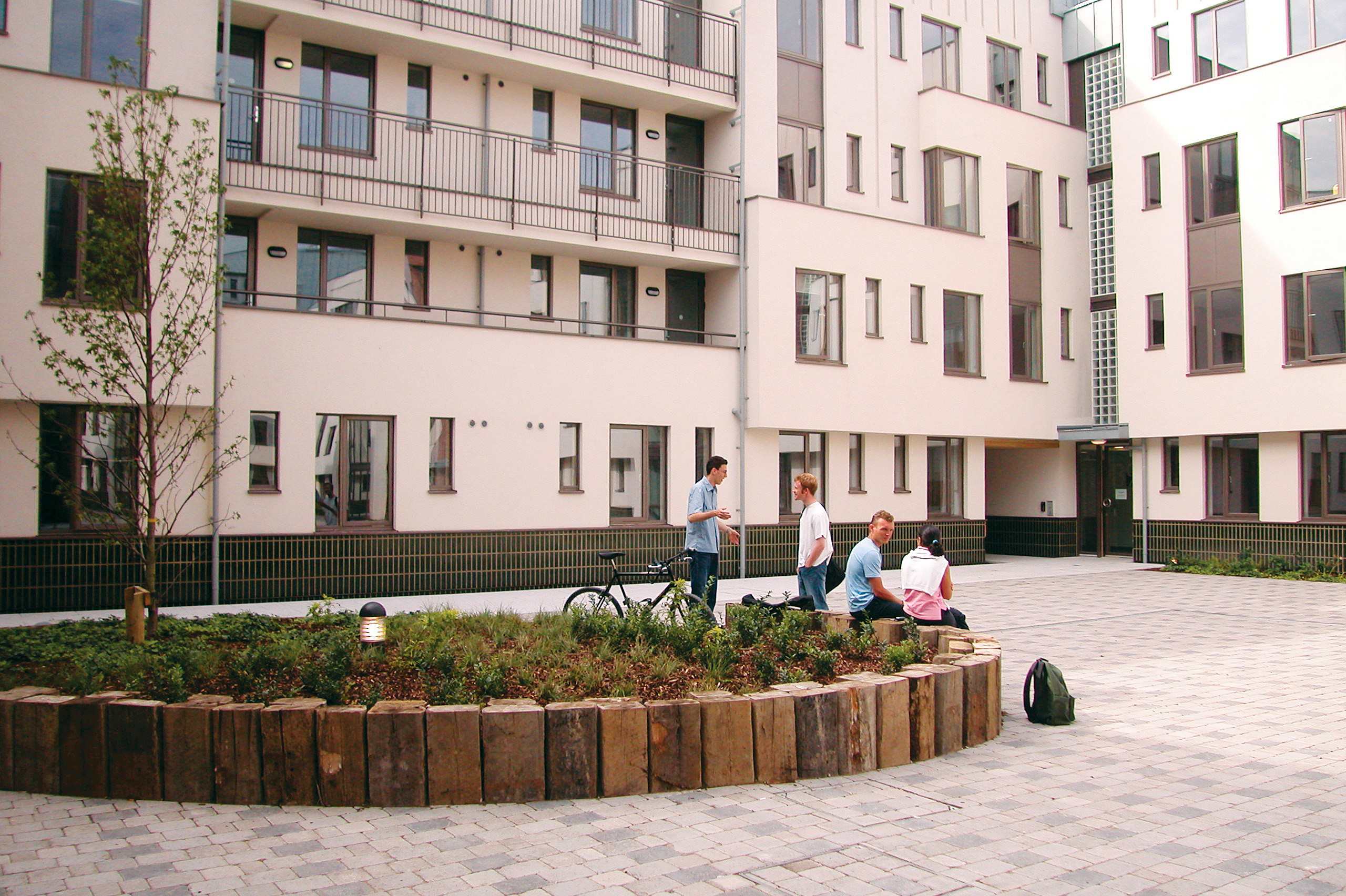Trinity Hall and on-campus accommodation costs have increased for the coming academic year, with rent increases of up to 6% for some rooms.
Rooms in Front Square, New Square and Botany Bay are due to see a 5.6% increase, to €8,226 for a year including utilities. This is the first time the price will exceed €8,000. The cost of a twin room in Trinity Hall for the year is due to rise by 6%, to €5,914, while the cost of a single room is set to go up by 4.3%, bringing the cost for the year over €7,000 for the first time to €7,247. The rent of a room in Goldsmith Hall will rise by 5.8%, to €7,572.
Legislation signed into law in May supposedly prevents student accommodation rent within rent pressure zones, including housing owned by universities, from increasing more than 4% year on year.
Student accommodation was previously exempt from rent increase caps due to being operated by licensing agreements with students instead of a normal tenancy contract.
However, the new legislation means that this exemption from cap no longer applies. Yet the majority of accommodation owned by Trinity will see rent increases this year of greater than 4%.
The rent for Pearse Street will come in below the cap with an increase of 1.4%.
Shane De Rís, President of Trinity College Dublin Students’ Union (TCDSU) said that the increases were decided by the Finance Committee in May 2017 from which the Union dissented on record. He added: “Regarding the 4% cap, it is my understanding that the rental rates were published before the act was signed into law and therefore not subject to the cap.”
A college spokesperson said: “In a number of cases (such as for Pearse Street accommodation and for single rooms with shared bathroom and kitchen facilities in Trinity Hall) the increases in rental prices are below the 4% cap.”
They added: “We are committed to providing our students with high quality, safe and affordable accommodation and associated services, and the increases in rent reflect the cost of upkeep and the expense of providing utilities. The Irish Universities Association is in contact with the Residential Tenancies Board to outline how and when the new legislation will be applied to all third level institutions.”
A spokesperson for the housing charity Threshold told Trinity News that “while the recent legislation does apply for the following year”, Trinity may have gotten around the cap by charging separately for the “management and utilities” of accommodation blocks which does not technically count as “rent”, therefore allowing the college to increase these charges disproportionately.
Rent increases in Trinity’s student accommodation have been consistently above 4% in recent years. For example, rent for accommodation in Front Square, New Square and Botany Bay increased by 11% between 2016/17 and 2017/18, 8.8% between 2017/18 and 2018/19 and 8.7% between 2018/19 and 2019/20.
Emails seen by the Irish Times reportedly show that the Irish Universities Association (IUA) lobbied government to exclude universities from the rent cap on the grounds that there was “absolutely no evidence of rental price gouging” by colleges and the caps should only apply to privately owned student housing.
Jim Miley, director general of the IUA, which represents all seven of Ireland’s universities, wrote to the housing minister Eoghan Murphy last March, calling for an exemption from rent caps for accommodation owned by the universities.
As well as introducing rent increase caps The Residential Tenancies (Amendment) Act 2019 will allow students to take disputes over accommodation to the Residential Tenancies Board (RTB).
Miley claimed that registering current student licensees as tenants with the RTB would require a “significant administrative overhead and cost which will ultimately have to be borne by students in the form of increased rents”. Miley also stated that the proposed changes would have “unintended consequences” regarding universities’ ability to deal with sexual assault cases.
He argued that taking away the current right of a university to relocate a student involved in a case of serious sexual assault to a different accommodation block “provides effective protection to the alleged victim and indeed to the wider student body”. Miley stated that if a student could delay being relocated to another housing block by appealing to the RTB, this would potentially put “others including those in residences at risk”.
Trinity will open new accommodation in September in a new development named Printing House Square. The new development will house just under 250 students in apartments which will be arranged in groups of six ensuite rooms, all connected to a communal kitchen space.
College is also increasing its capacity in Trinity Hall with the addition of 300 new beds.
Shane De Rís has promised “the new accommodation building projects currently being developed by the College will have a significantly reduced rental price in comparison with prices for existing accommodations”.






